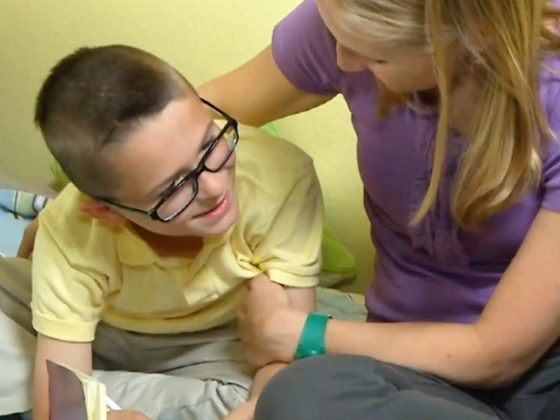
Responding to Different Reactions
Advice for coping with the different reactions children may have to a divorce.
- Watch the video as a group, then begin a conversation. Explain that there’s no right way for children to feel or act in response to a divorce: Just like adults, all children respond differently. It may depend on age, personality, or temperament. What’s important is that kids feel safe to express these feelings. Begin by asking, “What were your observations about 11-year-old Victoria in the first half of the video?”
- Point out the different ways Margie’s children responded to her divorce (the second half of the video). Ask, “How does Margie handle these different reactions?”; “How does she support and comfort each child?”; “What seems to help?”
- Split into pairs or smaller groups to share personal experiences and discuss how different members of families (kids and adults) have responded to their divorce. Encourage them to share strategies that have worked in responding to these kinds of reactions.
- Regroup to share thoughts and strategies from the conversations. List these observations and strategies on chart paper or a whiteboard (you might also photograph it and e-mail it to parents).
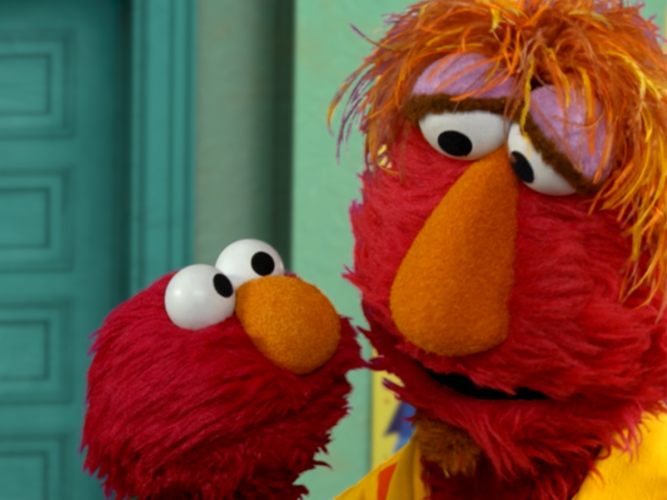
Pillow Hugs
Hugging a pillow covered with an item of a loved one’s clothing can help comfort children when they’re missing them.
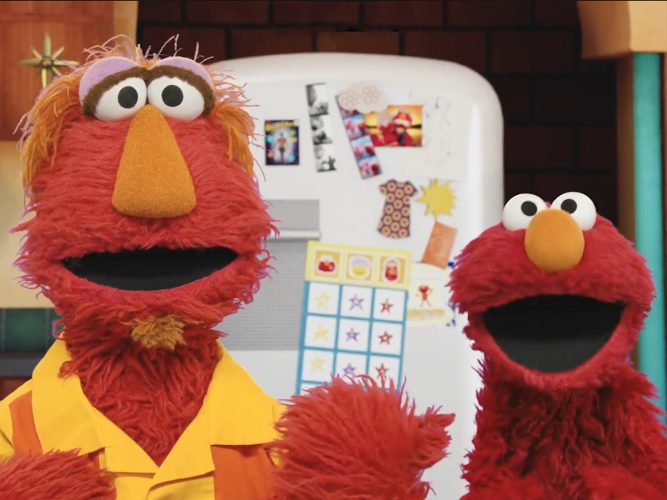
Daily Movement
Moving as a family is great self-care, and can be easy and fun.
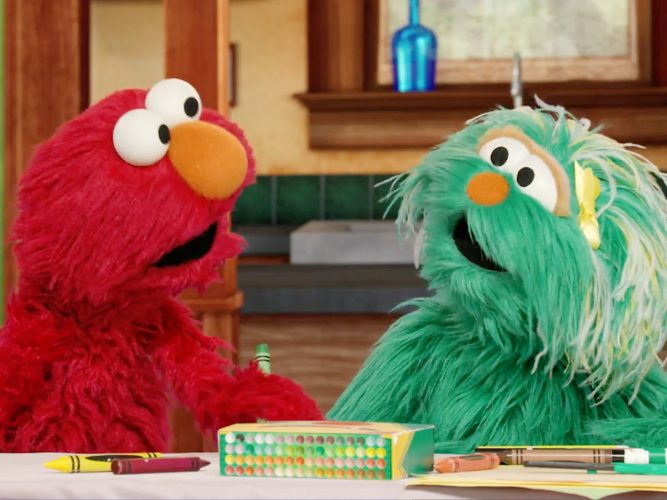
Meal Planning
Healthy eating is a great form of self-care, especially if you have a plan.
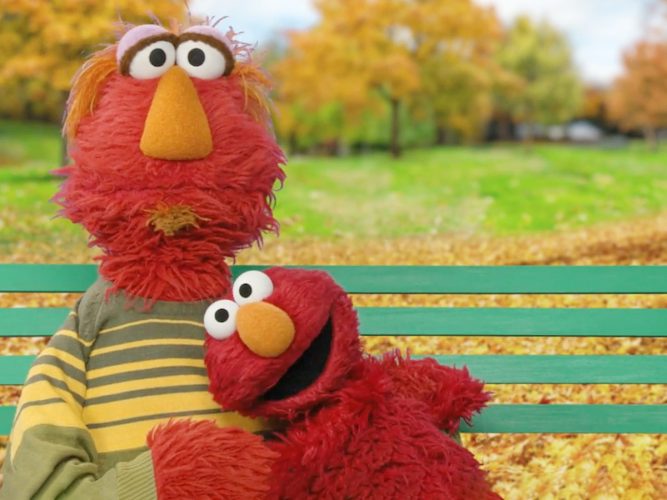
Being Still and Quiet
Self-care can be as easy as creating a little quiet.
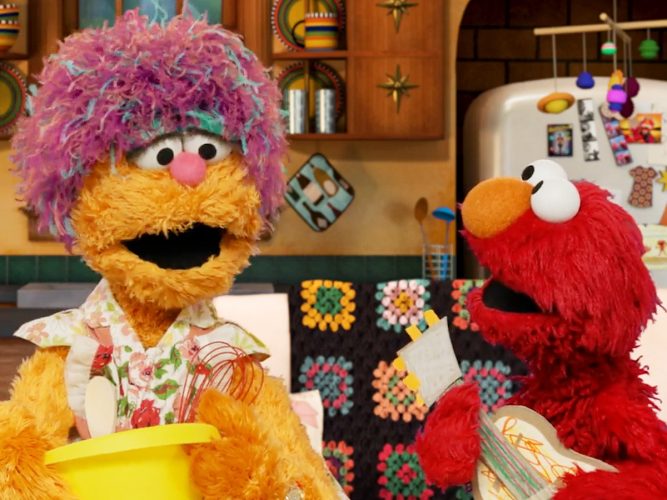
Keep It Simple
Sometimes self-care means choosing the easier way to do things.
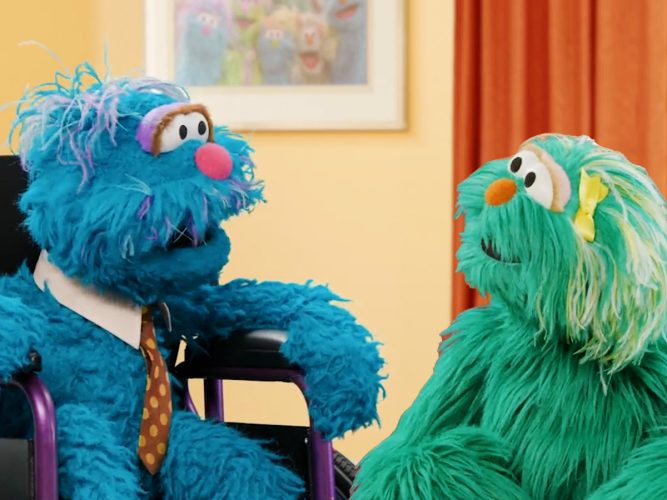
What Went Well?
Self-care can be as easy as finding little wins throughout the day.
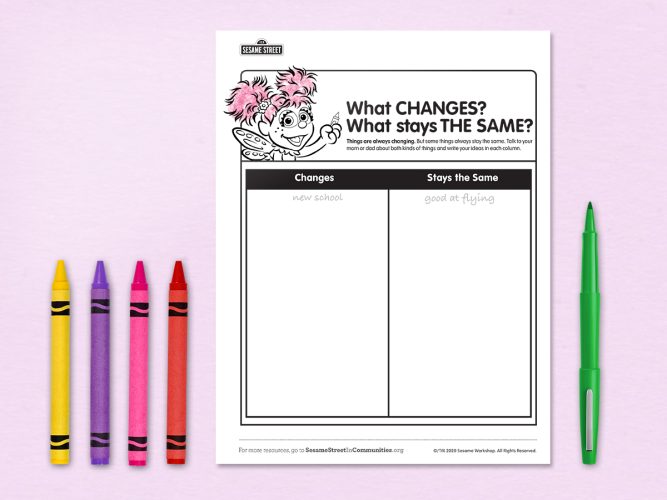
What Changes? What Stays the Same?
Big changes can be scary for everyone, but there are things you can do to help.
